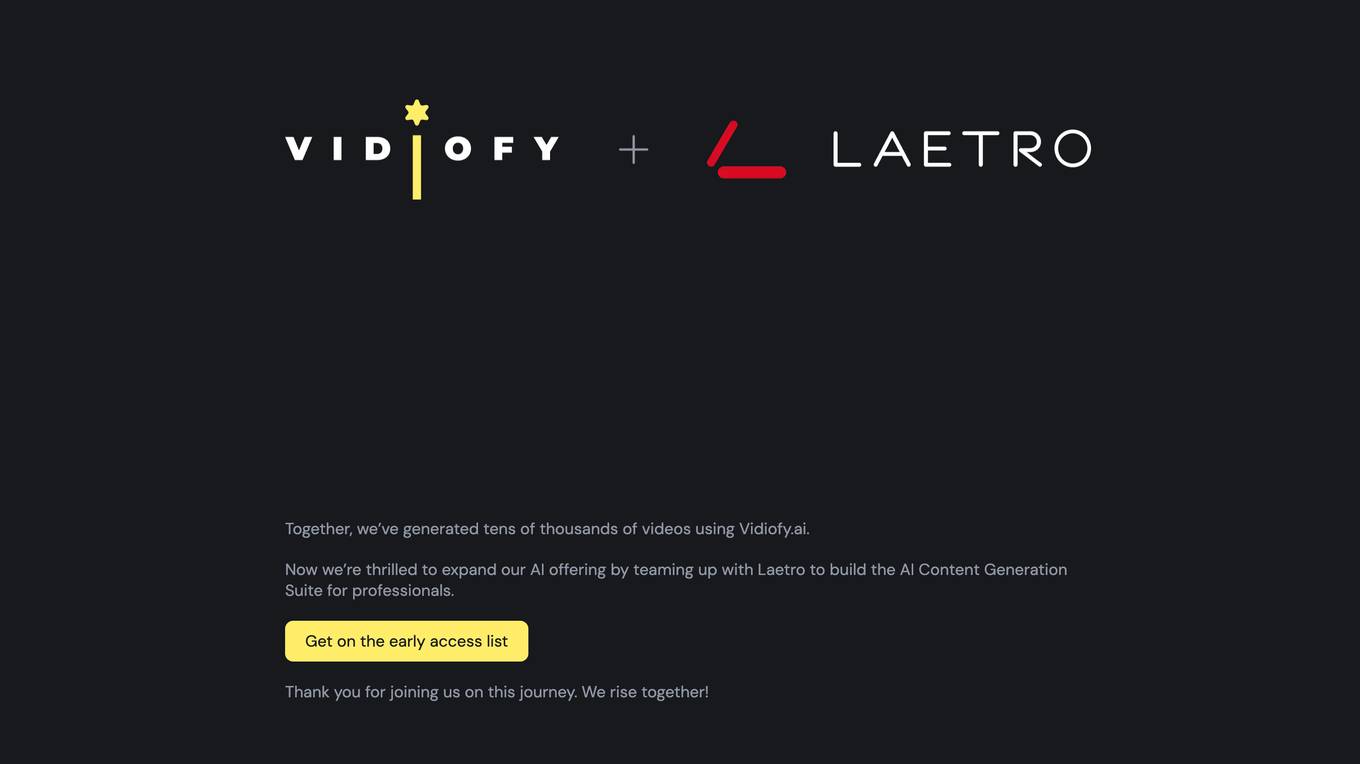Best AI tools for< Rollback Changes >
1 - AI tool Sites

DeployMaster
The website is a platform for managing software deployments. It allows users to automate the deployment process, ensuring smooth and efficient delivery of software updates and changes to servers and applications. With features like version control, rollback options, and monitoring capabilities, users can easily track and manage their deployments. The platform simplifies the deployment process, reducing errors and downtime, and improving overall productivity.
site
: 0
0 - Open Source AI Tools
No tools available
0 - OpenAI Gpts
No tools available